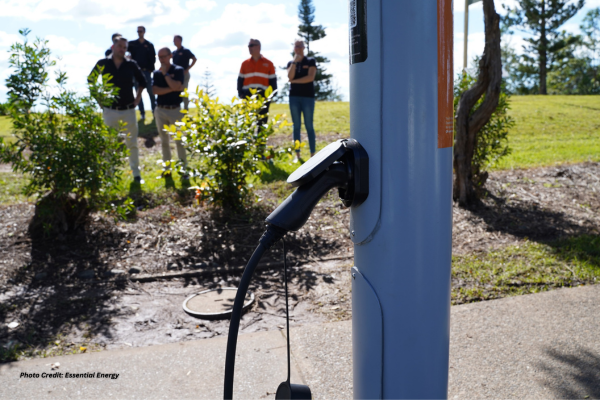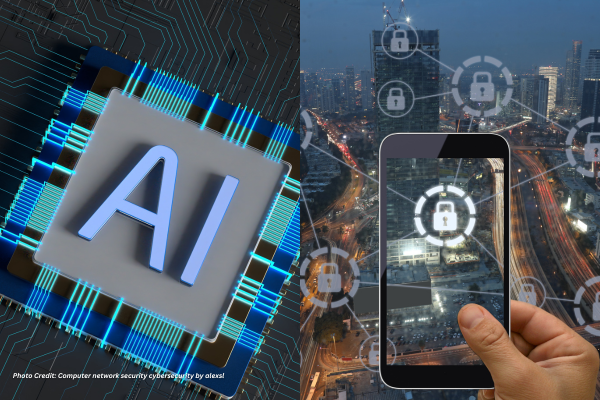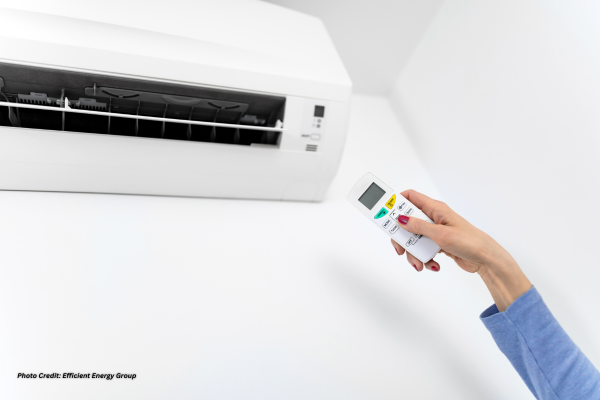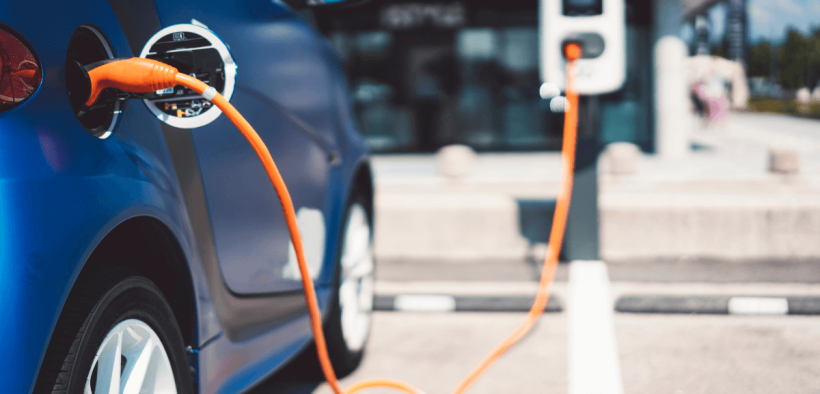
- Trending Stories

RIMPA Global forum sparks dialogue: Urgent reforms needed in APS records management
Anne Cornish, CEO Records and Information Management Practitioners Alliance (RIMPA)
Government’s looming record-keeping crisis
Anne Cornish, CEO Records and Information Management Practitioners Alliance (RIMPA)
Opinion 2023: Fueling growth and advancement
Justin Lance Marcel Lavadia

Liz Daykin on enhancing data governance for organisational success
Justin Lance Marcel Lavadia
Karthik Murugan on balancing tech innovation, security, and compliance in the public sector
Justin Lance Marcel Lavadia
Benjamin Henshall of Denodo on the evolution of data virtualisation in recent years
Justin Lance Marcel Lavadia
Featured Leaders 2023: Facing data reforms and advancements within Australia’s public sector
Justin Lance Marcel Lavadia
Federal budget offers rebates and relief
Editors Publicspectrum
Macquarie Bank embraces digital payments
Editors Publicspectrum
EV streetlight chargers transform infrastructure
Justin Lance Marcel Lavadia
AI revolutionizes cybersecurity landscape
Justin Lance Marcel Lavadia - Events
- Get Involved
- Jobs
- Key Focus

AI revolutionizes cybersecurity landscape
Justin Lance Marcel Lavadia
Australian businesses grapple with data breaches
Justin Lance Marcel Lavadia
NSW police warns of rising deepfake scams
Editors Publicspectrum
Data breach exposes millions at risk
Editors Publicspectrum
Set data in motion for dynamic, interactive citizen services
Justin Lance Marcel Lavadia
Australian data leaders navigate future challenges
Justin Lance Marcel Lavadia
Australia revolutionises data management challenges
Editors Publicspectrum
RIMPA Global forum sparks dialogue: Urgent reforms needed in APS records management
Anne Cornish, CEO Records and Information Management Practitioners Alliance (RIMPA)
Federal budget offers rebates and relief
Editors Publicspectrum
Macquarie Bank embraces digital payments
Editors Publicspectrum
CBA breaks promise, shuts Buderim branch
Editors Publicspectrum
Digital health care integration boosts productivity
Editors Publicspectrum
Australia’s R&D funding hits historic low
Justin Lance Marcel Lavadia
Revived laptops boosts student success
Editors Publicspectrum
Supermarkets battle shoplifting with tech
Justin Lance Marcel Lavadia
Touring app launches innovative water tours
Justin Lance Marcel Lavadia


Australians rally, advocate People’s Bank against ‘bankocracy’
Justin Lance Marcel Lavadia
Penrith wins NSW sustainable cities award 2023
Justin Lance Marcel Lavadia
EV streetlight chargers transform infrastructure
Justin Lance Marcel Lavadia
CBA breaks promise, shuts Buderim branch
Editors Publicspectrum
NSW air conditioning rebate boosts efficiency
Editors Publicspectrum
Kingston unveils sustainable housing plan
Editors Publicspectrum - Authors
Menu

















